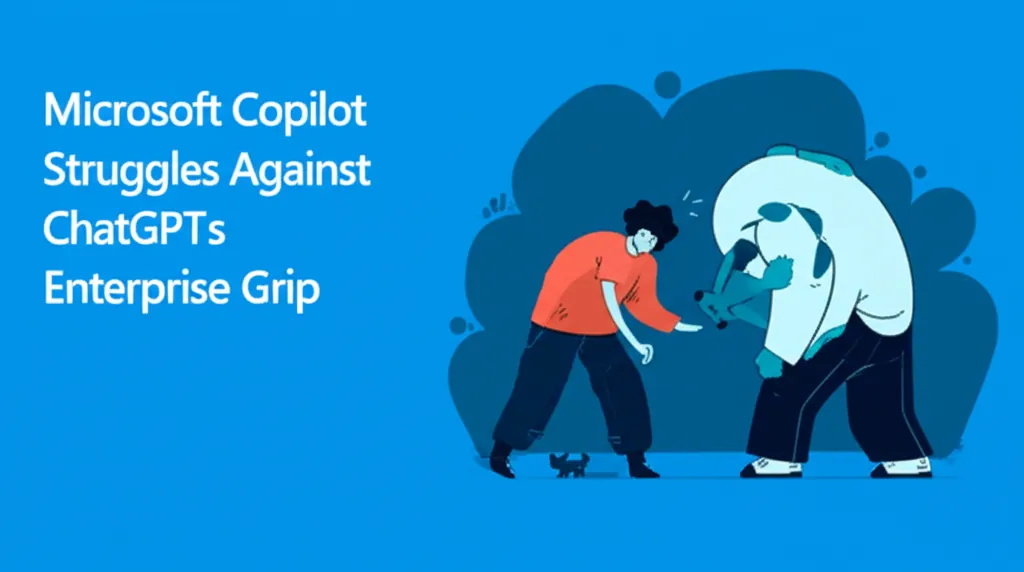Developer Offer
Try ImaginePro API with 50 Free Credits
Build and ship AI-powered visuals with Midjourney, Flux, and more — free credits refresh every month.
Steve Jobs Foresaw ChatGPT Decades Ago
It's a common refrain in tech circles, especially when Apple unveils new ventures or faces challenges: "What would Steve Jobs do?" Fourteen years after his passing, the Apple cofounder's philosophy and vision continue to inspire. This question feels particularly relevant today, as Apple appears to be navigating the rapidly evolving landscape of artificial intelligence, with Siri often perceived as lagging behind competitors like OpenAI's ChatGPT.

A Glimpse into Jobs 1985 Prophecy
While revisiting old Apple presentations, a fascinating video surfaced: a speech Steve Jobs delivered in 1985 at Lunds University in Sweden. In this nearly 40-year-old recording, Jobs remarkably appears to predict the advent of tools very much like ChatGPT.
The Vision An Interactive Aristotle
Jobs articulated a profound hope for the future of learning and interaction with knowledge. He spoke of Aristotle, tutor to Alexander the Great, and the limitations of simply reading historical texts:
Do you know who Alexander the Great’s tutor was for about 14 years? It was Aristotle. When I read that, I became immensely jealous—I think I would’ve enjoyed that a great deal. But through the miracle of the printed page, I can at least read what Aristotle wrote without an intermediary. Maybe a professor can add to it, but I can still go directly to the source. That’s the foundation of our Western civilization. The problem is, I can’t ask Aristotle a question—I mean, I can, but I won’t get an answer. My hope is that in our lifetimes, we can create a new kind of tool, an interactive one. So that when the next Aristotle is alive, we can capture their worldview in a computer. And someday, a student will not only be able to read what Aristotle wrote, but also ask him a question—and get an answer. That’s what I hope we can do.
How Jobs Vision Mirrors ChatGPT Today
This desire for an interactive tool that allows one to 'ask Aristotle a question' resonates strongly with the capabilities of modern AI like ChatGPT. Such platforms can synthesize vast amounts of information from numerous sources, providing insights and answers that might otherwise be difficult to obtain. While debates continue about the training data and methods of models like OpenAI's, the core concept of interactively querying a vast knowledge base aligns strikingly with Jobs' 1985 aspiration.
Historical Context Jobs Vision Amidst Turmoil
It's noteworthy that in 1985, Steve Jobs, then 30, had recently left Apple after internal conflicts. Despite this turbulent period in his career, his focus remained on envisioning world-changing technologies. His foresight extended beyond immediate company concerns to fundamental shifts in how we could learn and interact with information.
Experience the Prediction Watch Jobs Speech
To see this remarkable prediction for yourself, you can watch a portion of Jobs' 1985 speech. The video captures his thoughts on this computational tool designed to enhance our lives and learning methods.
Watch the segment of Steve Jobs' 1985 speech here. (The original article also links to the full video: Steve Jobs video from 1985)
Jobs' words from nearly four decades ago serve as a powerful reminder of his visionary thinking, which continues to echo in today's technological advancements.
Compare Plans & Pricing
Find the plan that matches your workload and unlock full access to ImaginePro.
| Plan | Price | Highlights |
|---|---|---|
| Standard | $8 / month |
|
| Premium | $20 / month |
|
Need custom terms? Talk to us to tailor credits, rate limits, or deployment options.
View All Pricing Details

